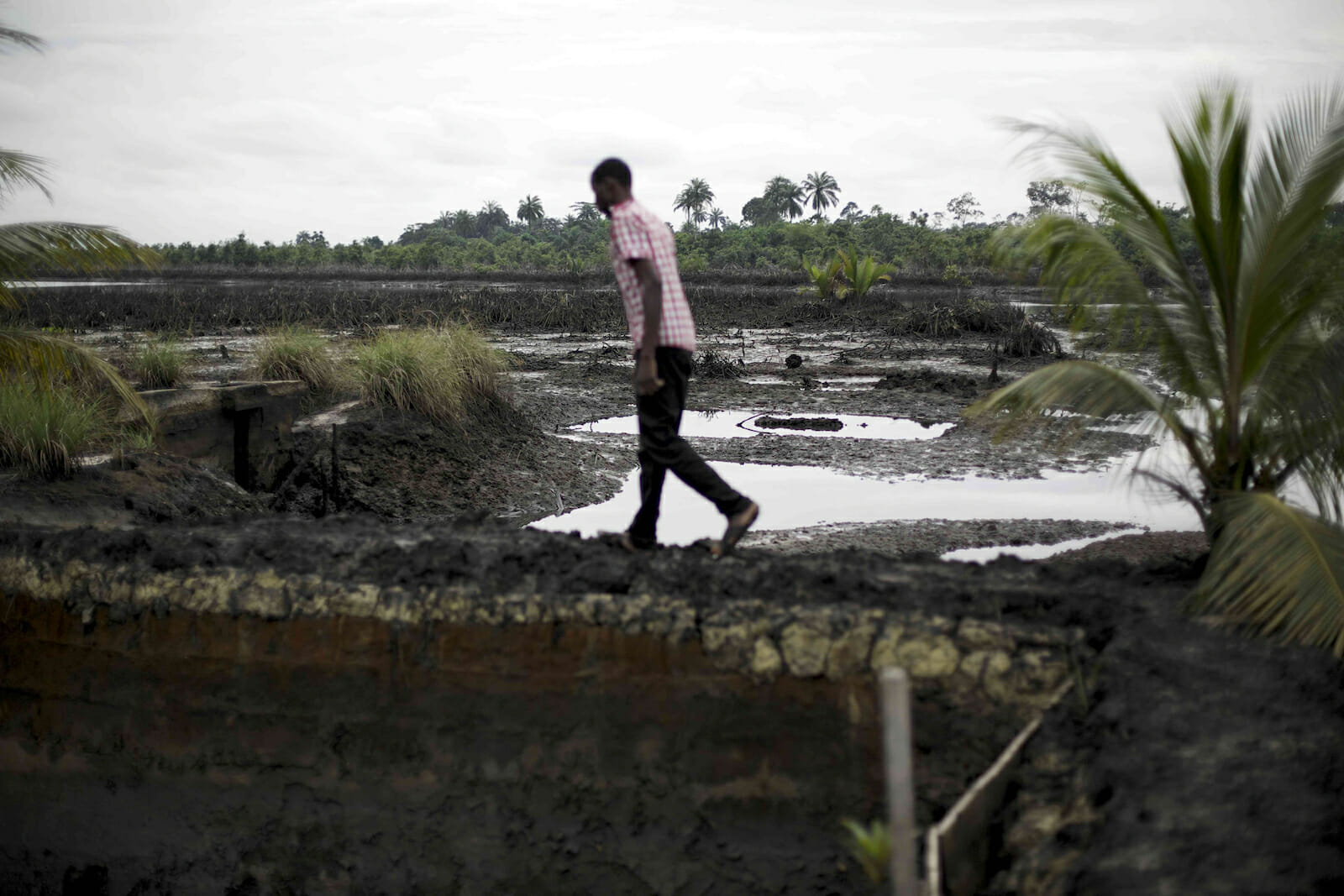
Beyond Palliatives for the Niger Delta Crisis
Applying palliatives to a malignant sickness is like treating cancer with a pain reliever. The challenges in the Niger Delta, namely high rates of unemployment, theft, prostitution, poverty, and kidnapping, are not issues that can be treated with kid’s gloves or by mere window dressing without dealing with the root of the problem. The region is a paradox. Despite being rich in mineral resources particularly crude oil, there are still high levels of poverty, deprivation, absence of infrastructural development and alienation of the local communities which has engendered various forms of crime. Since the first major case of kidnapping was reported in 1999, where armed youths stormed a Shell Petroleum Development facility and abducted two foreigners and a local, the rate of kidnappings have been on the rise.
The discovery of crude oil in Oloibiri in 1956 in commercial quantities put the community and the entire region on the map and this was ‘supposedly’ the beginning of good fortunes for the people of the Niger Delta. But some years down the line the story is different. The aftermath of the Oloibiri breakthrough was the exploration of crude oil by multinational oil companies, and subsequently huge foreign exchange earnings and income for the country. However, for the people of the region, this was the beginning of the destruction of their livelihoods, environmental degradation and the depletion of their resources. This is because the exploration activities in the Delta led to the pollution of land and water due to oil spillages.
The effects of these spillages have been the destruction of their livelihoods because their predominant occupations are farming and fishing. The incessant gas flaring by the oil companies in the region also led to the pollution of the atmosphere with attendant health hazards; such as respiratory problems, skin rashes, eye irritation and damage to agriculture due to acid rain. Consequently, the clamoring and agitation of the Niger Delta region over the control of resources began because of the treatment meted out to its people. This was the beginning of the kidnapping of oil workers; oil bunkering on a large scale, pipeline vandalism and blowing up of oil installations which spiraled out of control and became not just a Niger Delta problem but a national problem.
However, some form of respite came to the people of the region under the former president, Umaru Musa Yar Adua in 2009, when he offered amnesty to the Niger Delta militants. The amnesty programme covered various areas such as disarmament, demobilization, and reintegration. Training and formal education both at home and abroad for the militants willing to accept the amnesty offer was offered. The Jonathan administration also carried on with the amnesty programme and was reported to have recorded some successes by ensuring that about 5,000 ex-militants were trained abroad in various fields, and about 7,000 ex-militants received formal education training or acquired one skill or the other, and some become employed. Furthermore, the Buhari administration has pledged its commitment to the amnesty programme by appointing Brigadier General P.T. Boroh as the new coordinator of the amnesty programme. $10 million has been disbursed, though negligible in comparison to the $1 billion recommended by United Nations Environment Programme (UNEP) for the clean-up of the oil spills in Ogoniland, but it is a good place to start.
Although some successes have been reported by past administrations with the amnesty programme, it is still not enough. For the Buhari administration to be taken seriously, the overarching issue of ‘injustice’ to the Niger Delta people should be addressed as a priority. As long as the status quo is maintained where resources are taken from the region to develop other regions of the country, the crises will not be resolved anytime soon. The development of the Niger Delta by giving back a certain percentage from the proceeds of crude oil exploration taking place cannot be overemphasized. This should be done through deliberate investment in education, health, industries, social amenities in terms of good roads, pipe borne water and a stable power supply. Since the oil spillages that took place over the years in the region have destroyed their means of livelihood, the government should follow through with its commitment to clean up the affected communities, so as to allow the inhabitants of the region to go back to their predominant livelihoods namely fishing and farming.
According to Chatham house, $18 million is lost to gas flaring daily, constituting not just a health hazard to the people of the region but also a waste to the entire nation, as the gas flared could have been trapped and used as an alternative source of power generation. The Buhari administration should also look at ways of plugging the loopholes in the amnesty programme. For instance, the monies spent on overseas studies for militants can be invested in the existing universities in the region to transform them into world class institutions of learning. The current administration should also look for ways of making sure that the amnesty programme is rid of corruption by ensuring that monies are properly accounted for and judiciously disbursed. Finally, the Niger Delta Development Commission (NDDC) and the Niger Delta Ministry should be scrapped, merged into one or restructured to ensure that the commission and ministry deliver on their responsibilities and do not continue to be drain pipes on the nation’s meager resources.
As long as lip service is paid to the issue of the Niger Delta, youth restiveness will continue, and kidnapping will remain lucrative. It was reported that between 2006 and 2008 over $100 million was paid in ransom. The proliferation of arms will also continue and arms and ammunition will find their way into the hands of unemployed and idle youths, and politicians will always have ready hands to use as foot soldiers to unleash violence particularly in the forthcoming elections on their perceived enemies.
